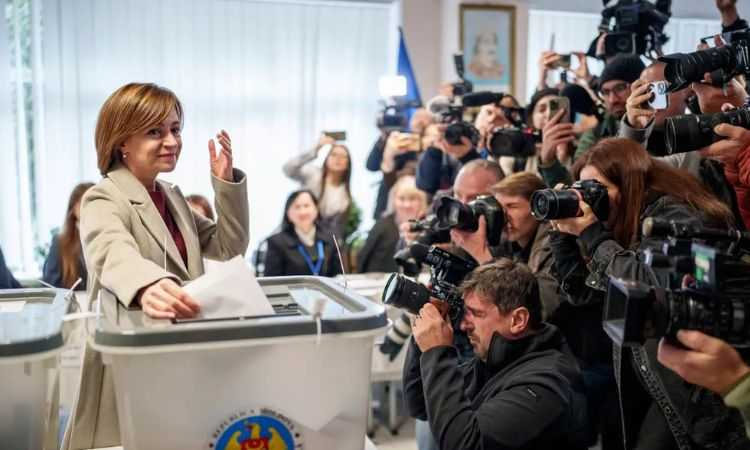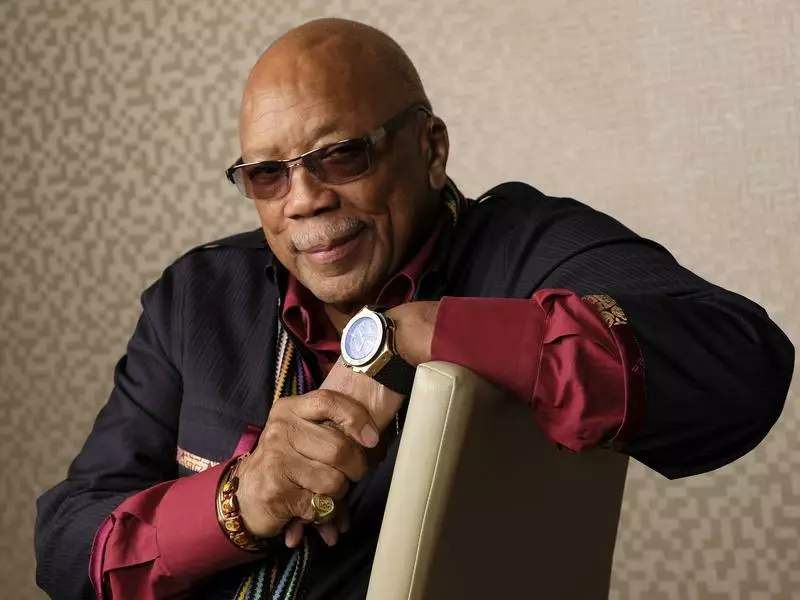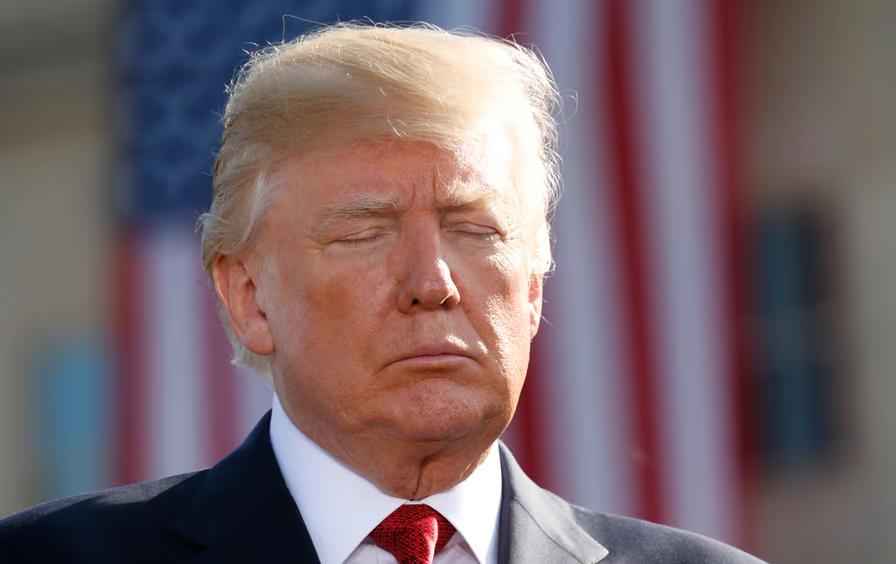Moldovans to choose president in decisive runoff amid tensions and fraud claims
In the previous vote and referendum in October, officials reported significant irregularities.
Nov 3, 2024 / GMT+6
Moldova’s presidential runoff sees Maia Sandu facing Alexandr Stoianoglo amid accusations of vote-buying and intimidation. A close race with high stakes.
Moldova is holding a decisive presidential runoff election today, where voters will choose between the current, pro-Western president Maia Sandu and her Russia-aligned opponent, Alexandr Stoianoglo, a former prosecutor general.
In the first round of voting on October 20, Sandu led with 42% of the vote but didn’t secure a majority, while Stoianoglo came in second with 26%, surprising many polls.
A recent survey by the research group iData suggests a close outcome in this second round. Sandu might have a slight edge, but it’s expected to be a tight race, with the final result potentially influenced by Moldova's large diaspora, which has shown strong support for Sandu’s pro-European stance.
The position of president in Moldova carries significant influence, especially in foreign policy and national security.
Whoever wins will serve a four-year term and will shape the country’s direction, particularly regarding relations with Europe and Russia. Sandu, elected in 2020, has supported closer ties with the European Union, while Stoianoglo leans towards strengthening connections with Russia.
Moldova’s Path to the EU
Moldova’s future with the EU has become a central issue. In a referendum on October 20, just over half of Moldovans (50.35%) voted in favor of continuing the country’s move towards EU membership. Many citizens see this as a path to stability and development, but others worry about breaking ties with Russia, Moldova's longtime ally and trading partner.
Allegations of Vote-Buying and Intimidation
Sunday’s vote, however, has been overshadowed by serious allegations of vote-buying and voter intimidation. Moldova’s Prime Minister, Dorin Recean, said that many people have received anonymous phone calls with death threats, warning them against voting. Recean described this as an “extreme attack” meant to scare voters and said that the government would work to protect them and keep order.
In the previous vote and referendum in October, officials reported significant irregularities. Authorities suspect that a large vote-buying scheme was funded by Ilan Shor, a wealthy businessman who fled to Russia after being convicted of fraud and money laundering last year. Shor has denied these accusations.
According to prosecutors, about $39 million (30 million pounds) was allegedly funneled through a sanctioned Russian bank to pay over 130,000 people to vote a certain way between September and October. Moldova’s anti-corruption officials have responded with hundreds of investigations and have already seized over $2.7 million in cash connected to this scheme.
Reports of Voter Coercion and Political Interference
In the Gagauzia region, an autonomous area in Moldova where only 5% supported the EU in the recent referendum, the issue of voter coercion has also surfaced.
Police detained a doctor after he allegedly forced 25 elderly residents in a care home to vote for a candidate they didn’t choose. Police say they have evidence, including financial transfers from the same Russian bank involved in the vote-buying scheme.
Authorities also raided the headquarters of a political party and found evidence of voters being paid to support a specific candidate. In another case, 40 employees of state agencies are under investigation for allegedly taking bribes in exchange for their votes.
At a church in Comrat, Gagauzia’s capital, Father Vasilii spoke to local residents, urging them to vote as a “civic duty.” Although he didn’t mention any specific candidates, he encouraged people to participate in the democratic process. “Whether we like what the government does or not, we must go and vote,” he said, emphasizing that the church prays for peace.
Geopolitical Tensions at Stake
Moldova’s future direction—whether it will move closer to Europe or lean back toward Russia—is a point of intense geopolitical tension. Cristian Cantir, a Moldovan professor of international relations, expects the outcome of this election to increase the divide within the country.
He said Moldova’s security agencies need more resources and trained personnel to prevent further election fraud, ensuring swift consequences for any attempts to buy or sell votes.
If Sandu wins, it may strengthen Moldova’s westward shift, which began when her pro-European government took power in 2021. In 2025, Moldova will hold a parliamentary election, which experts say could become a major target for Russian influence.
Since Russia’s invasion of Ukraine in 2022, Moldova has sought to distance itself from Moscow, even applying to join the EU. This move has led to tense relations with Russia, which sees Moldova’s shift toward Europe as a threat to its influence in the region.







